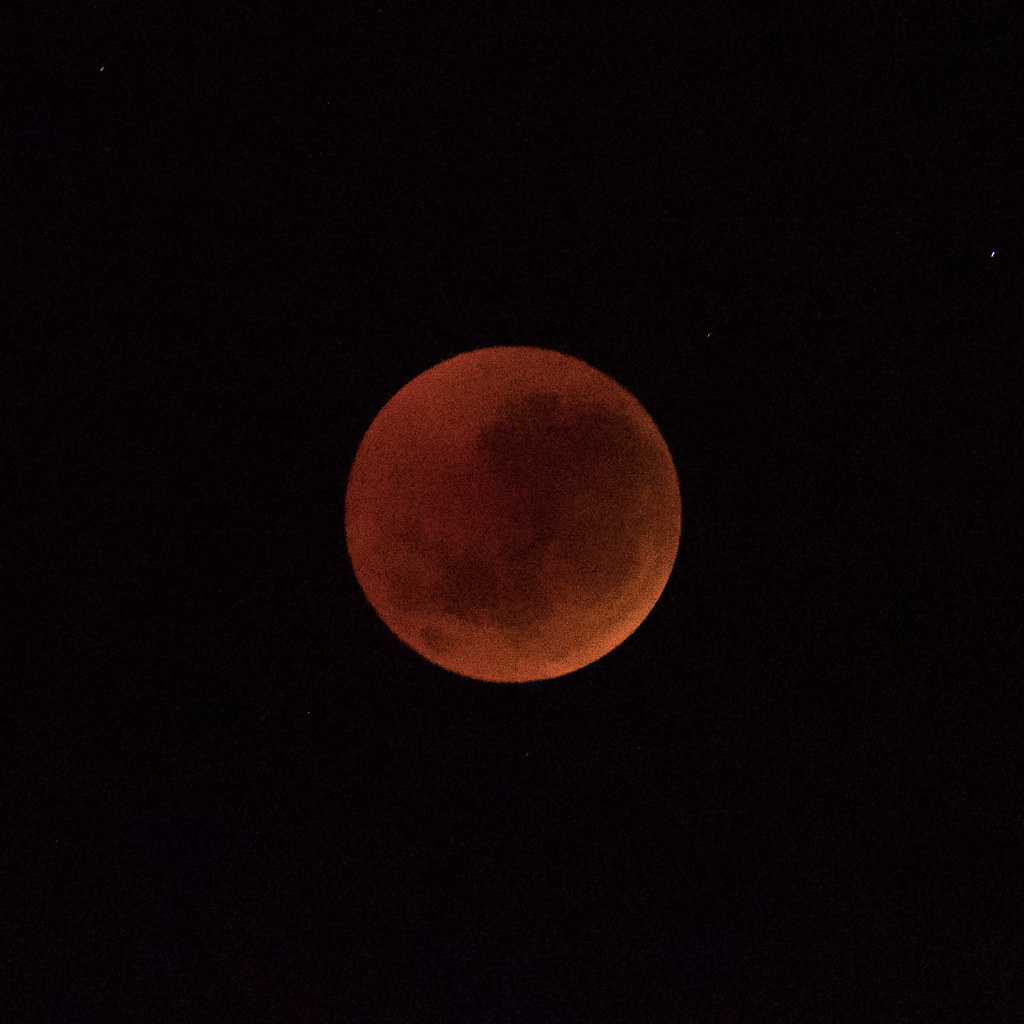Rare Lunar Eclipse Will Be Last Until 2021
January 20, 2019
Rare Lunar Eclipse Will Be Last Until 2021
it's a " blood moon aka full wolf moon "
" Walter Freeman, assistant teaching professor in the Physics Department at New York’s Syracuse University, said people wanting to see the lunar eclipse should start looking from around 10.35 p.m. ET. “At that time, the Earth's shadow will begin to pass in front of the Moon, blocking almost all of the Sun's light from reaching it,” he said in a statement.
“Observers will see the Moon appear to be progressively 'swallowed up' starting from the lower left. This process will end at 11:40 p.m., when the Earth's shadow covers the whole of the Moon's surface; this is the beginning of 'totality.' This will last until around 12:40 a.m., when the motion of the Earth's shadow will carry it past the Moon, and the Moon will gradually again be lit by the Sun. At 1:45 a.m., the Moon will be fully visible again.”
________________________________
any one got hints for those of us who don't usually try to photograph the moon ?


 Similar Threads
Similar Threads 







 Well, not quite that short but still......
Well, not quite that short but still......















